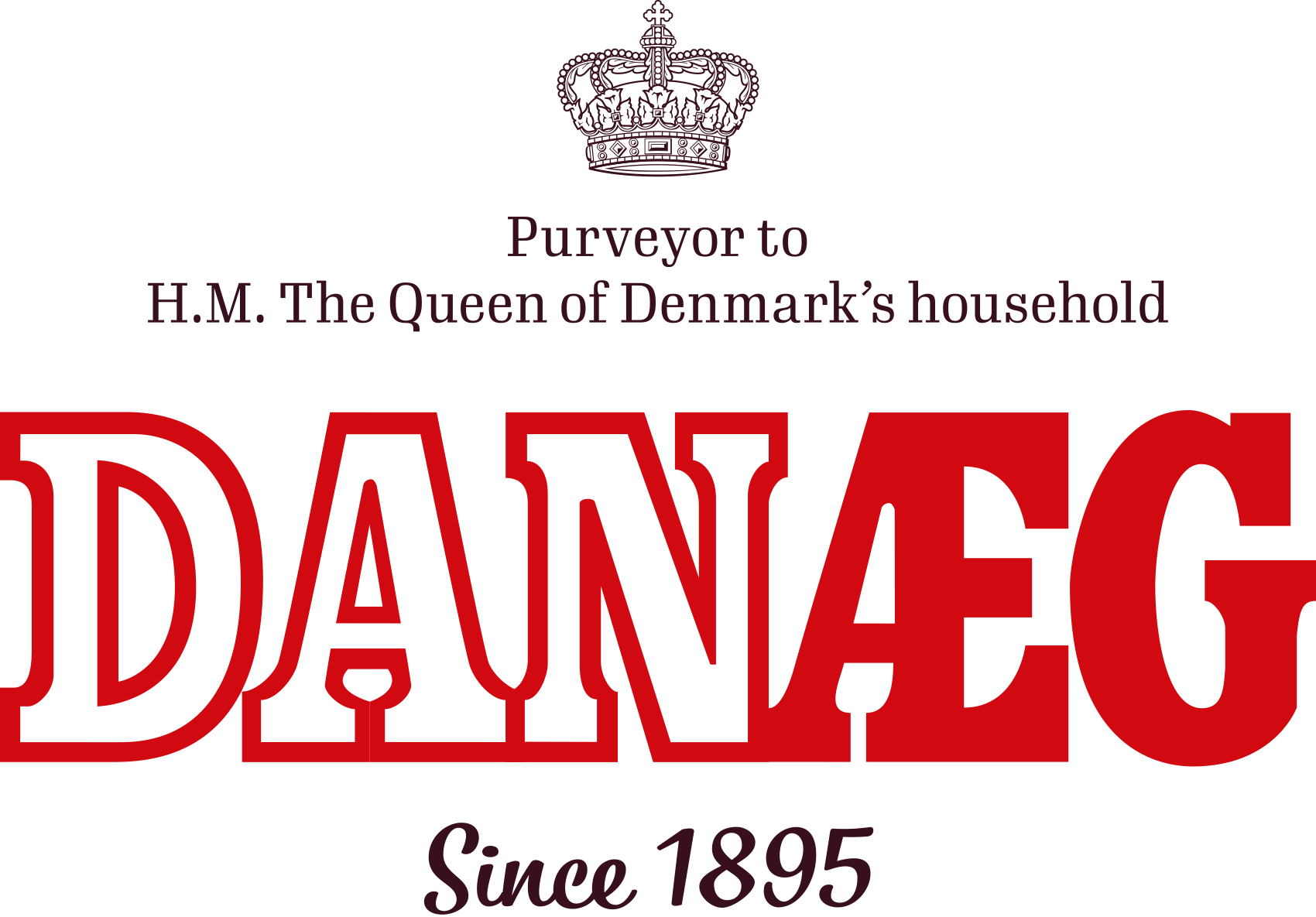SALMONELLA IN EGG
Danish eggs are among the safest in the world
The most well-known, serious infection in hen flocks over time is salmonella. Danish food is internationally recognized for a very high level of safety - and this also applies to eggs. Efforts to avoid salmonella have intensified over the past 25 years, and in 2012 Denmark received salmonella special status in the EU.
Facts about salmonella
What is salmonella?
The most well-known, serious infection in hen flocks is salmonella. It is a dreaded bacterial infection because salmonella via the hens' eggs can be dangerous to humans. The infection can occur in more than 2500 different types, but the type called Enteritidis is thought to be the cause of 60 percent of salmonella cases in humans. There is no difference in the occurrence of salmonella in different types of eggs.
At Danæg, we test our hens for salmonella every single week.
AMONG THE WORLD'S SAFEST EGGS
What is the occurrence of salmonella in Danish eggs?
Today, Danish eggs are therefore largely free of salmonella. In Denmark, there is a comprehensive control program for salmonella in all stages of egg production. A hen herd must be affiliated with the public salmonella action plan if eggs from the herd are sold. This means that the hens must be salmonella-controlled throughout the production process.
The low incidence of salmonella in Danish eggs has meant that Denmark has had salmonella special status in the EU since 2012.
SOCK SAMPLES
How does Danæg test for salmonella in eggs?
We test for salmonella by having our farmers submit 'sock samples' every week for examination for salmonella at an independent laboratory.
A sock sample is made by the farmer taking a walk in the barn with a gauze on the outside of the shoes. The sock thus picks up manure from the floor in the barn. The sample is then submitted for bacteriological examination for all types of salmonella.
More often than abroad
How often are Danish hens tested for salmonella?
In Denmark, laying hens are tested for salmonella every two weeks. In comparison, hens in the EU are tested for salmonella every 15 weeks. This means that a Danish hen is checked approximately 20 times in its lifetime against only 3 times for a European hen.
At Danæg, we have introduced extra salmonella controls. As a result we test for salmonella every single week.
Control ensures eggs without salmonella
What happens if a flock of hens gets salmonella?
When a flock of hens tests positive for salmonella, the sale of the eggs stops immediately. Typically, the hens are slaughtered to reduce the spread of the infection.
In the egg packing plant, Danæg's quality team ensures that diseases in a hen herd cannot spread to other farmers. Therefore, we test the conveyor belts for the eggs and transport packaging is cleaned and disinfected before they are reused.
A FEW GOOD ADVICES
How do I maintain good kitchen hygiene?
Danish eggs are among the safest in the world and the risk of salmonella is minimal. Nevertheless, we recommend that you maintain good kitchen hygiene and therefore we have gathered some simple advice when cooking with eggs:
- use only fresh eggs without cracks
- remember to wash your hands after touching eggs
- keep eggs separate from other foods
